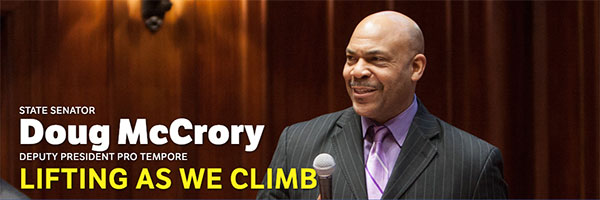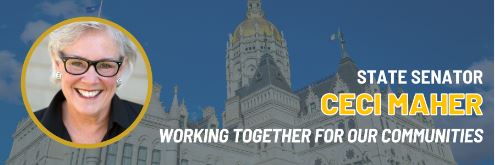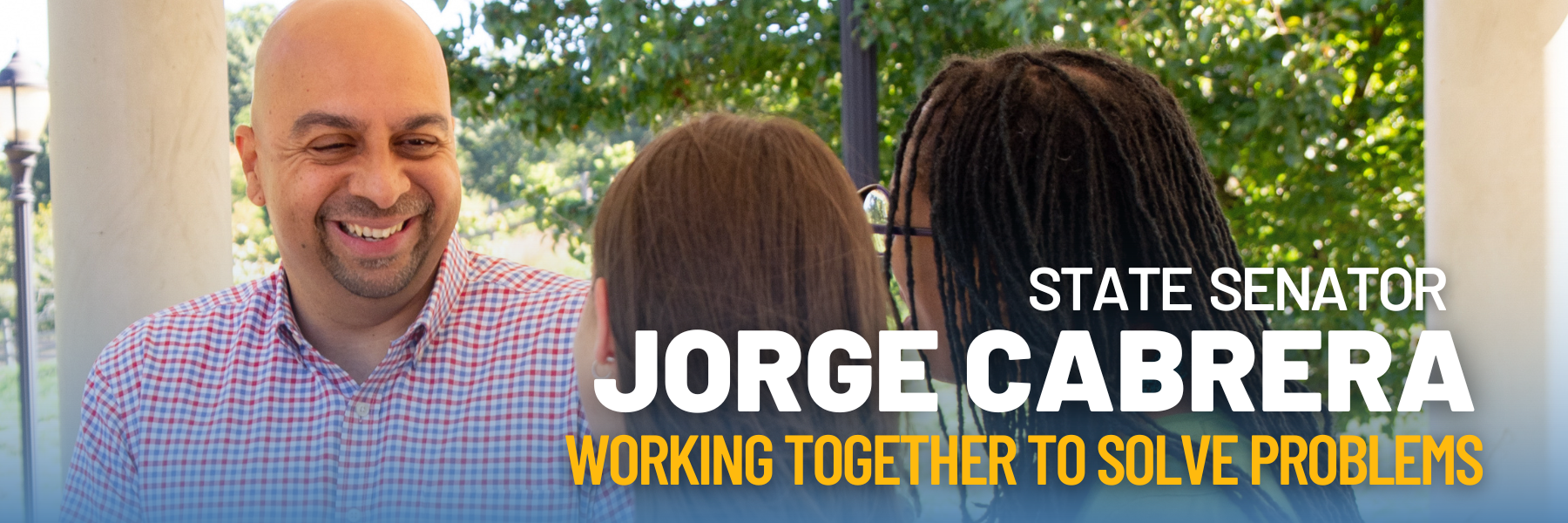
Middletown Delegation Secures Funding for School Renovation, Increases Municipal Funding by Nearly $9 Million Over Two Years
In the final days of the 2025 legislative session, the Middletown legislative delegation, state Senators Matt Lesser and Jan Hochadel, and state Representatives Kai Belton and Brandon Chafee, gave final approval to a biennium budget that delivers significant investments in the city, including over $41 million in state aid for two school projects and substantial increases in municipal funding.
Middletown is in the process of rebuilding the Macdonough Elementary School, and the Middletown delegation was able to secure an 81% state reimbursement rate for the $48.9 million project, thereby bringing $39.61 million in state aid to the town. School children will be temporarily relocated to Keigwin School at a maximum cost of $2 million, and the Middletown delegation was able to secure another 81% state reimbursement of $1.6 million for that move.
The biennium budget includes $52.3 million in FY 26 for Middletown, which is an increase of $4.3 million over FY 25, and $52.6 million in FY 27, which is an increase of $4.5 million over FY 25.
“We were proud to deliver a historic investment in Middletown’s future,” said Sen. Lesser. “Investing in school construction and renovation isn’t just about buildings, it’s about giving every child a safe, modern, and inspiring place to learn. This funding will make a real difference for students, teachers, and families. The additional $2 million to prepare Keigwin as a temporary site ensures students will have a safe, supportive place to learn in the meantime.”
“This funding is a big win for Middletown families,” said Sen. Hochadel. “Macdonough needs major upgrades, and these state dollars will help create a safer, more comfortable learning environment for both students and staff. I’m also glad we’ve secured funding to prepare Keigwin as a temporary home, so learning continues without disruption. It’s great to see Middletown and the state making thoughtful investments in our students’ futures.”
“I’m proud of the funding the Middletown delegation secured for Keigwin and Macdonough schools,” said Rep. Belton. “This critical funding will improve learning environment and support our students and educators. The state budget we passed is a step in the right direction, it invests in education, housing, public health, and support for working families. We still have more to do to make sure every community gets the resources and opportunities they deserve.”
“Due to the hard work of our delegation, we have once again secured a record level of state funding for Middletown,” said Rep. Chafee. “This will ensure we are able to fund programs throughout the community, and continue investing in our future, while keeping property taxes down. We were able to deliver a historic level of education funding, as well as $2 million to renovate the former Kegwin Middle School to get it ready to receive students this fall while MacDonough elementary is reconstructed. We have also secured an agreement in which the state will reimburse the city of Middletown 80% of the construction costs associated with MacDonough, ensuring our students have a healthy and safe space to learn without overburdening our local tax payers.”
“I am excited and grateful that city taxpayers will see an even smaller local cost-sharing burden on the critical reconstruction project at Macdonough Elementary School,” said Middletown Mayor Ben Florsheim. “In fact, thanks to the efforts of Senator Lesser and the entire Middletown delegation, the Macdonough project will see the highest rate of state reimbursement, 81%, of any school construction project approved this year, meaning that less than one-fifth of the construction costs will fall on the City. This is a meaningful investment by the State of Connecticut in educating our kids and in moving with urgency to create a new, state-of-the-art facility in the heart of the North End, and it would not have been possible without the delegation’s leadership and advocacy.”
“Middletown is eternally grateful to our delegation in Hartford and the building committee at McDonough School that has worked tirelessly with our leaders to get ourselves in a position to start this most important school renovation project,” said Gene Nocera, City Council President.








